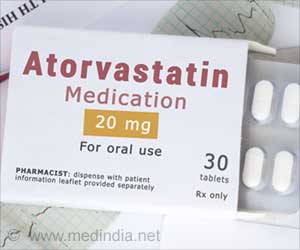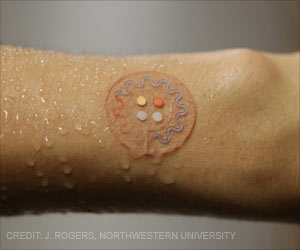Are statins worth taking for health? New guidance extending cholesterol-lowering treatment could save thousands more lives in England.
- Statins are given to people who have a high chance of developing cardiovascular diseases
- But new guidance in England offers statins even with a small risk of a cardiovascular event
- This new recommendation has been given considering the safety and cost efficiency of statins
Widening the Scope of use of Statins for Cardiovascular Disease Prevention
Cardiovascular disease is the leading cause of death worldwide, killing nearly 18 million people a year. In England, high cholesterol causes 7% of deaths and affects up to 60% of adults. Existing The National Institute for Health and Care Excellence (NICE) guidance, covering about 10 million people in England, states that those with a 10% or higher risk over 10 years of a cardiovascular event, such as a heart attack or stroke, should be offered statins.Now statins could also be considered as an option for people with even a small risk. The huge potential change comes after new evidence on the side effects and safety of statins (1✔ ✔Trusted Source
NICE recommends wider use of statins for prevention of CVD
Go to source).
From this above statement, we can understand bout 15 million people aged between 25 and 84 are deemed to have a small risk of a cardiovascular event in the next 10 years. It means about 25 million people in England could become eligible for statins.
The drugs can sometimes cause side effects, such as muscle pains. However, Nice says the best evidence shows that most people do not get muscle pains with statins, and many more people will get muscle pains whether they take statins or not than have muscle pain caused by statins.
Consider Lifestyle Changes too for Cardiovascular Disease Prevention
People can be at risk of cardiovascular disease because of factors they cannot change including their age, sex, ethnicity, and family history. The draft guidance continues to recommend that risk factors that can be addressed should be managed. These include stopping smoking, reducing alcohol consumption, taking exercise, and eating a healthy diet.Only if lifestyle changes on their own are not sufficient, and other risk factors such as hypertension are also managed, people who are still at risk can be offered the opportunity to use a statin if they want to (2✔ ✔Trusted Source
Statin prescription initiation and lifestyle behaviour: a primary care cohort study
Go to source).
It is the responsibility of physicians to explain how people can reduce their risk of cardiovascular disease, presenting all the options promoted by the draft guidance, including lifestyle changes, blood pressure control, avoidance of diabetes and cholesterol (lipid) lowering, and allowing patients to make their own decisions.
New Statins Guidance Could Make Extra 15m People Eligible in England
The draft guideline recommends doctors consider atorvastatin 20mg for people with a 10-year cardiovascular disease event risk of less than 10% where there is a patient preference for taking a statin or concern that risk may be underestimated.The guidance is using ‘consider’ recommendations when there was a closer balance between the benefits and harms of an intervention that could be used.
More than 70 million prescriptions for statins are dispensed in England each year, costing the NHS about £100m. The total healthcare cost of cardiovascular disease in England was estimated to be £7. 4bn. Statins are well proven to lower cardiovascular outcomes cost-effectively at thresholds less than 10%, so this new guidance makes sense.
However, we need also to concentrate more on helping people live healthier lives and not just longer ones with more diseases. Hence, parallel work to help people improve their lifestyles, walking more, and eating better, is needed to maximize health gains.
References:
- NICE recommends wider use of statins for prevention of CVD - (https://www.nice.org.uk/news/article/nice-recommends-wider-use-of-statins-for-prevention-of-cvd)
- Statin prescription initiation and lifestyle behaviour: a primary care cohort study - (https://www.ncbi.nlm.nih.gov/pmc/articles/PMC4950708/)
Source-Medindia













